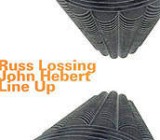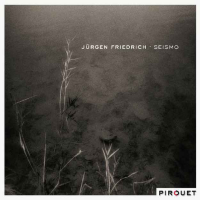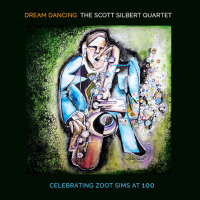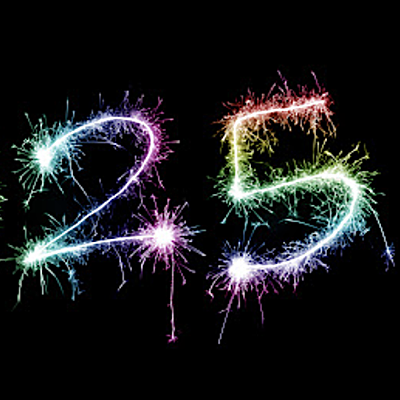Home » Jazz Articles » John Hébert
Jazz Articles about John Hébert
Russ Lossing / John Hebert: Line Up

by Wilbur MacKenzie
The profound depth of the interactions between pianist Russ Lossing and bassist John Hebert on their new duo recording bears the mark of a shared history and mutual respect and enthusiasm. Hebert and Lossing have both worked with many great artists who have shaped the history of jazz, including Paul Motian, Andrew Hill, Dave Liebman and John Abercrombie, as well as many more recent innovators like Mat Maneri, Uri Caine, Fred Hersch, Greg Osby and Mark Dresser. There may be ...
Continue ReadingRuss Lossing / John Hebert: Line Up

by Budd Kopman
Pianist Russ Lossing and bassist John Hebert have known each other a long time and have played together on a number of projects, including Lossing's own Phrase 6 (Fresh Sound New Talent, 2005), and, most recently, on the phenomenal “quasi-debut" of Michael Adkins, Rotator (HatOLOGY, 2008). After talking for a long time about making a duo recording, the two players finally did it, and the exceptional Line Up, is the result. As a player, Hebert's wide-ranging musical ...
Continue ReadingRuss Lossing / John Hebert: Line Up

by Chris May
Modern bass playing, and the special relationship in jazz between bass and piano, could be said to have begun in the early 1940s, with the partnership of pianist Duke Ellington and bassist Jimmy Blanton.
In a series of duo recordings as impactful, among musicians, as saxophonist Charlie Parker and trumpeter Dizzy Gillespie's couplings a few years later, Blanton took his instrument beyond its role as a more or less lumpen metronomic device and, in intimate relationship with Ellington's ...
Continue ReadingJurgen Friedrich: Seismo

by Nic Jones
A sense of restraint pervades this whole programme of piano trio music, and it works to make it less compelling, especially when the underlying approach is oblique both harmonically and rhythmically.
On one level the trio seems to be trying to make maximum use of minimum material. While this approach can result in music that demands attention, the results here just seem to hang in the air. On “Coincidence," the three musicians seem intent on avoiding emphatic interplay and the ...
Continue ReadingRuss Lossing - Adam Kolker - John Hebert: Change of Time

by Glenn Astarita
The respective musicians who comprise this trio inadvertently broaden modern jazz horizons, with this lovely outing inspired by Bela Bartok’s progressive piano pieces. In addition, these gents represent some of the younger and more successful New York based artists who frequently enjoy first call session status. Nonetheless, this production resides within avant/chamber jazz stylizations primarily due to the band’s delicately fabricated and thoroughly melodic treatments. On many of these pieces they abide by a doctrine founded upon intricately devised three-way ...
Continue Reading
















